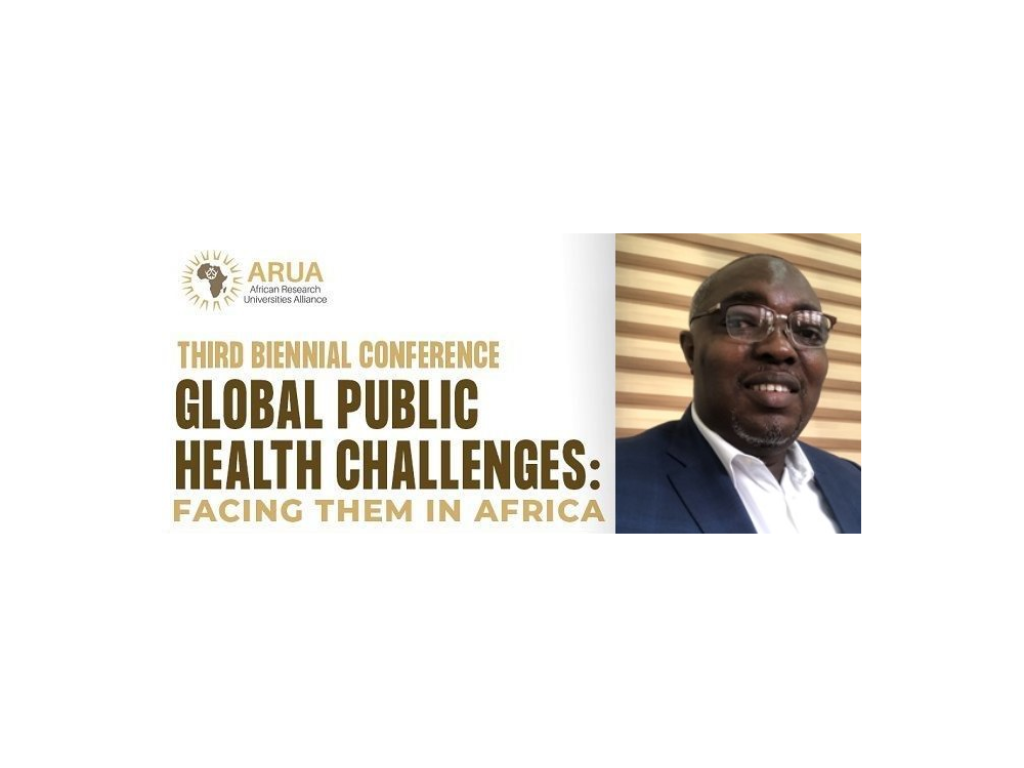Post-COVID growth, poverty and inequality in Africa

Prof. Robert D. Osei was one of three contributors to a conference plenary session on the economic and societal impact of global public health challenges in Africa. He reflected on the impact of the COVID-19 pandemic on gross domestic product growth globally, in emerging markets, and in sub-Saharan Africa.
Growth in sub-Saharan Africa (SSA) seemed to be doing well before the pandemic, Prof Robert Osei told the plenary session on the first day of the ARUA biennial conference. However, 2020 was marked by negative growth because of the impact of COVID-19 on economies and labour markets. Despite the economic recovery that was observed for 2021, SSA growth remained fragile and “getting the growth trajectory back on track will depend on the lingering effects of COVID”, he said.
While tax revenue is generally low in African countries, the coronavirus pandemic also required both an increase and a change in governments’ spending plans, Prof Osei pointed out. This led to an increase in fiscal deficits and government debt, and a compromised future fiscal space because a larger chunk of collected revenue will have to go towards debt repayments.
Drawing on recent studies, Prof Osei said an increase in extreme poverty on the African continent has been observed, and that it was those in rural parts of SSA who were most affected. At the same time, COVID-19 illustrated how existing inequalities affect people’s preparedness to buffer the shocks of a pandemic of this kind, and how these inequalities were exacerbated by pandemic-related disruptions such as lockdowns.
“Especially earning an income was disrupted, and the self-employed in the informal sector were hit the hardest.”
In conclusion, Prof Osei stressed: “If there is one time when economic policy needs to be extra deliberate, it is now. The pandemic has shown that business as usual is not an option.”
Deliberate economic policy to mitigate the impact of COVID-19 must be geared towards inclusive growth “to carry along the poor and vulnerable” while addressing fiscal debt, he said. The policy conundrum, however, was how to increase revenue to deal with the debt problem without compromising growth.
“Harnessing the will and capacity to implement appropriate policies for a return to growth and better poverty and inequality outcomes was therefore essential. A return to this transformative agenda for Africa, however, depends on the lingering effects of the pandemic and how long it takes to bring the health component of COVID-19 under control.”
Watch Prof Osei's presentation:
